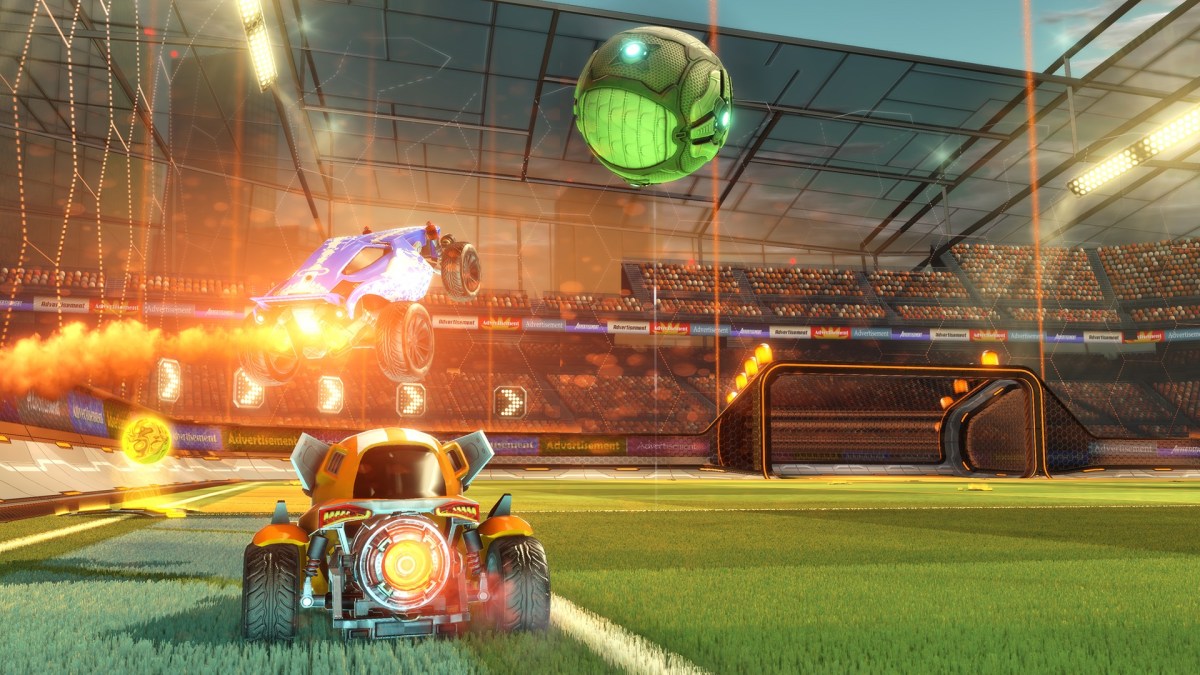It’s focusing on community first
Most major eSports games have a fairly simple way of getting the community to help fund the competitive scene. The developer comes up with some sort of system of in-game purchases, and a portion of those proceeds go toward the prizes at the world championships. The most successful example of this has to be Dota 2‘s Compendiums which pushed The International 2016’s prize pool to nearly $21 million.
In September of 2016, Psyonix added a crate and keys system to Rocket League with this exact intent. Crates contain a single, random cosmetic item. Players earn crates through gameplay, and they have to buy keys to open the crates. When people go through this process, some percentage of the transaction goes to funding the best players in the world at the Rocket League Championship Series.
Now, nearly half a year into the practice, Psyonix is calling an audible on the breakdown of things. As announced on the Rocket League site, community purchases are being revamped to better benefit the community rather than a tiny group of top players.
More than $2.5 million will be invested in Rocket League‘s competitive play in 2017. Here’s the list of changes, as outlined by Psyonix:
- More than $1 Million in total prize pools (including RLCS)
- Bigger, more meaningful appearances at multiple major competitive gaming festivals
- Onsite events at major gaming conventions, including PAX, SXSW, and more
- Extensive funding for community-run tournaments
- Expanded weekly tournament support in multiple regions, including Europe, North America, Oceania, South America, and more
- A true collegiate Rocket League Esports program
- A new series of tournaments for the Xbox community
- An all-new weekly talk show on Twitch that covers all things RLCS
- A robust new esports hub on the Rocket League website
- Ongoing charity tournaments
- Numerous in-game esports features and enhancements
The majority of these bullet points can be consolidated to “Rocket League tournaments are going to happen at a lot more places this year.” This already started two weekends ago with a big PAX South presence, including a one-on-one tournament between 12 of the world’s best players.
The drawback to this ambitious restructuring is that there might not be as much money available for RLCS teams — the premier players who are at the top of Rocket League‘s eSports mountain. Psyonix is seemingly betting that expanding the game’s presence will benefit everyone else first, and those top players eventually as a result of increasing gross revenue from the crate system. It’s likely not a bad bet; it’ll probably just take a bit of time.
Rocket League eSports in 2017 [Rocket League]





Published: Feb 8, 2017 01:30 pm